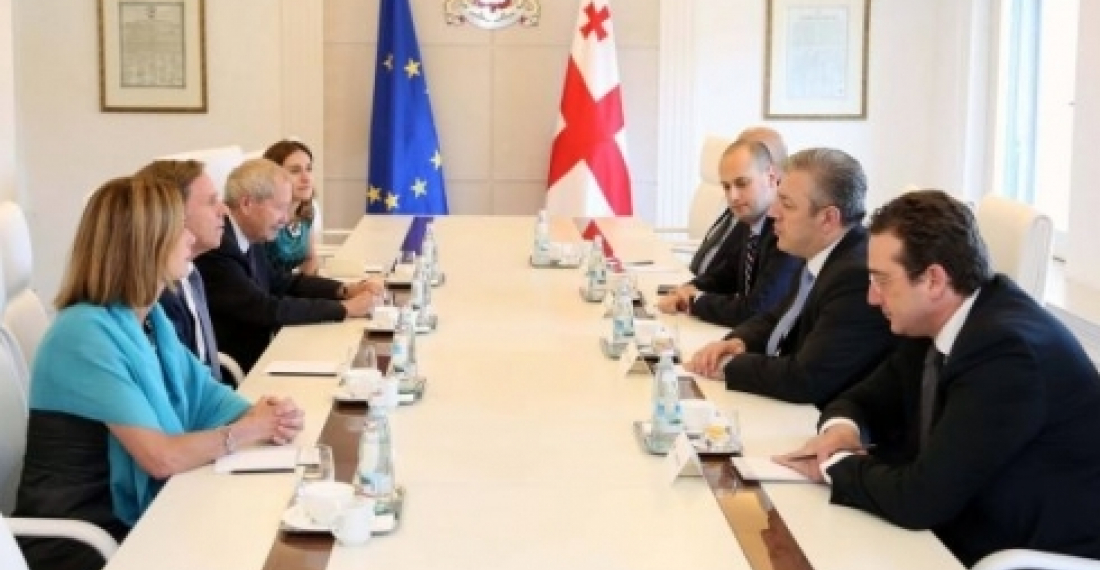В понедельник Центральная избирательная комиссия (ЦИК) Грузии сообщила о том, что более 3,4 млн избирателей смогут принять участие в голосовании на предстоящих парламентских выборах в Грузии. В свою очередь, премьер-министр Грузии призвал к большему числу международных наблюдателей на предстоящих выборах в октябре.
Данные, опубликованные ЦИК, также включают в себя число избирателей в каждом из 73 избирательных округов Грузии.
После того, как границы округов были сформированы в новых границах, разница между самым большим и самым малым округом теперь составляет около 13,000 избирателей, в то время как при старом формировании в самом большом округе насчитывалось около 150,000 избирателей, а в самом маленьком 13,000 избирателей.
Депутаты от оппозиционной партии "Единое национальное движение" опротестовали новые правила формирования избирательных округов в Конституционном суде, заявив, что границы были изменены в ущерб оппозиционных партий.
Между тем, в ходе встречи с представителями Национального демократического института (NDI), премьер-министр Грузии, Георгий Квирикашили, обратился к международным организациям с просьбой направить больше наблюдателей на предстоящие 8 октября выборы. Он заявил, что Грузия готова обеспечить "демократическую, свободную и прозрачную среду на парламентских выборах", но нужна помощь.
ЦИК Грузии опубликует обновленные данные о количестве избирателей 3 октября, за пять дней до дня выборов.
источник: commonspace.eu по материалам агентств.
фото: Георгий Квирикашили и представители Национального демократического института. Источник: gov.ge






